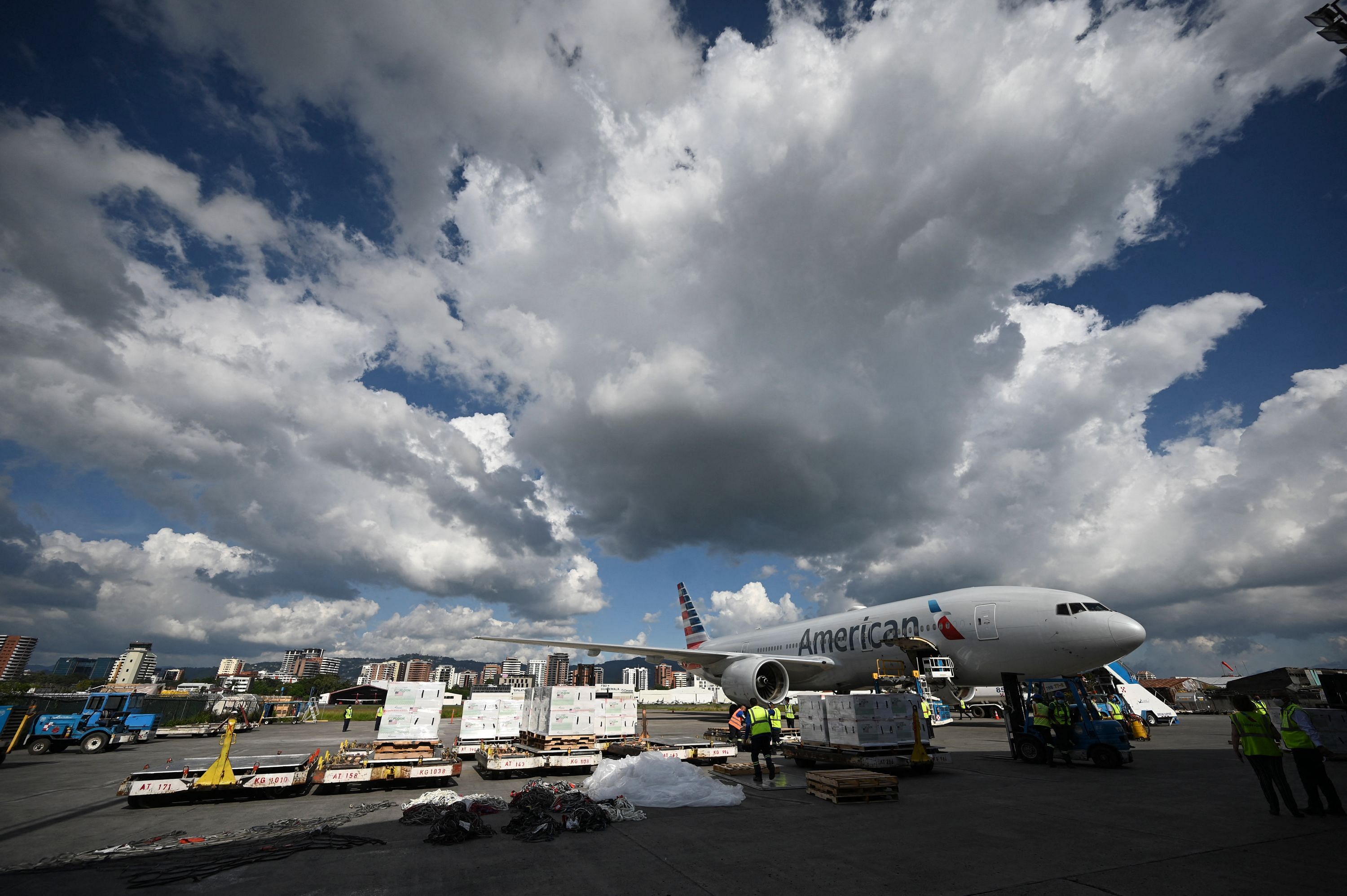G-20 High Level Panel lists 4 steps to plug global health and financing gaps
Sign up now: Get ST's newsletters delivered to your inbox

A girl mourns her father, who died from Covid-19, at his grave in Jakarta last month.
PHOTO: REUTERS
SINGAPORE - More resources and enhanced mandates for global institutions, as well as a new way of funding, are needed to transform the global healthcare and financing system, a committee of leading global experts has said.
Describing steps the world must take to quell the risk of another devastating pandemic, the Group of 20 (G-20) High Level Independent Panel on Financing the Global Commons for Pandemic Preparedness and Response said in a report released on Friday (July 9) that it will be a "huge error" to economise over the short term.
Governments should not wait until it is too late to take action as the next pandemic could be worse, it said.
Senior Minister Tharman Shanmugaratnam co-chairs the panel, together with former United States treasury secretary Lawrence Summers and World Trade Organisation director-general Ngozi Okonjo-Iweala.
The other 18 panel members include former Colombian minister of economic development Luis Alberto Moreno, former European Central Bank president Jean-Claude Trichet, former International Monetary Fund deputy managing director Zhu Min, and former Japanese deputy vice-minister of finance Naoko Ishii.
The report outlined four ways to prepare the world for future pandemics:
1. More multilateral financing for global health security, including a reformed and strengthened World Health Organisation (WHO)
Such financing would be based on pre-agreed and equitable contribution shares by advanced and developing countries, said the report.
More reliable and continuous financing ensures that the world can act proactively to avert future pandemics, and not merely respond at great cost each time a new pandemic strikes, it added.
"This must include a fundamentally new way of financing a reformed and strengthened WHO so that it receives both enhanced and more predictable resources."
The report called for assessed contributions to be increased from one-quarter to two-thirds of the WHO's base programme budget, or around US$1 billion (S$1.35 billion) more each year.
Assessed contributions are dues which countries pay in order to be a member of an international organisation.
2. Make global public goods part of the core mandate of international financial institutions
Such institutions include the World Bank and other multilateral development banks (MDBs), and the International Monetary Fund.
While the institutions should first draw on their existing financial resources, shareholders must support "timely and appropriately sized" replenishment so that the greater focus on global public goods is not at the expense of poverty reduction and shared prosperity, said the report.
It called international financial institutions (IFIs) a "potent but vastly under-utilised tool" in the world's fight against pandemics and climate change. IFIs, it added, should provide swift, scaled-up access to funds in response to a pandemic, such as by relaxing rules on borrowing by countries.
There should also be a framework of pre-established rules for the debt servicing relief, it said.
3. Set up global health threats fund to close gaps in pandemic preparedness
This will mobilise US$10 billion each year, and will be funded by countries based on pre-agreed contributions. The new fund brings three necessary features into the financing of global health security, said the report. First, it would provide a stronger and more predictable layer of financing.
Second, it would deploy funds in an agile and effective way across international and regional institutions and networks, plugging pandemic gaps swiftly and meeting evolving priorities.
Third, it would catalyse investments by governments and the private and philanthropic sectors into the broader global health system - for example, through matching grants and co-investments.
In the process, the fund will achieve four goals: Build a global surveillance network for infectious disease threats, strengthen grant financing, ensure more reliable funding for medical interventions, and support research and innovation.
Governance of the fund will be independent of the World Bank and come under an investment board.
4. Strengthen global pandemic governance through a new global health threats board
The proposed board will bring together health and finance ministers from an inclusive G-20-Plus group of nations and regional organisations to ensure proper financing and quick response to future pandemics.
The board should have a permanent, independent secretariat, drawing on the resources of the WHO and other multilateral organisations, said the report.
It would provide financial oversight, join up the efforts of international bodies, track global risks and outcomes, and ensure that every country plays its part to enhance global health security.
It will also determine the priorities for the new Global Health Threats Fund.

<p>Airport employees unload a batch of 1.5 millon dosis of Moderna vaccine donated by the US which arrived to the Aurora International Airport in Guatemala City, on July 8, 2021. - Guatemala on Thursday received 1.5 million Moderna anti-covid vaccines donated by the United States amid an uptick in cases of the pandemic, which now exceeds 3,060 daily cases. (Photo by Johan ORDONEZ / AFP)</p>
PHOTO: AFP
The report concluded that there is significant scope for governments and MDBs to mobilise private sector resources for pandemic preparedness and response, especially in developing global capacity for critical supplies such as testing kits, vaccines, oxygen cylinders and delivery infrastructure.
It added that the public sector should grow partnerships with philanthropic foundations to expand research on infectious disease threats.
"Significant progress is within reach in the next five years. Strong and sustained political commitment, a recognition of the mutual interests of nations in health security and long-term financing will be essential," it said.
"The collective investments we propose, with equitable contributions by all nations, are affordable. They are also minuscule compared with the US$10 trillion that governments have already incurred in the Covid-19 crisis."
This article was edited for clarity.


